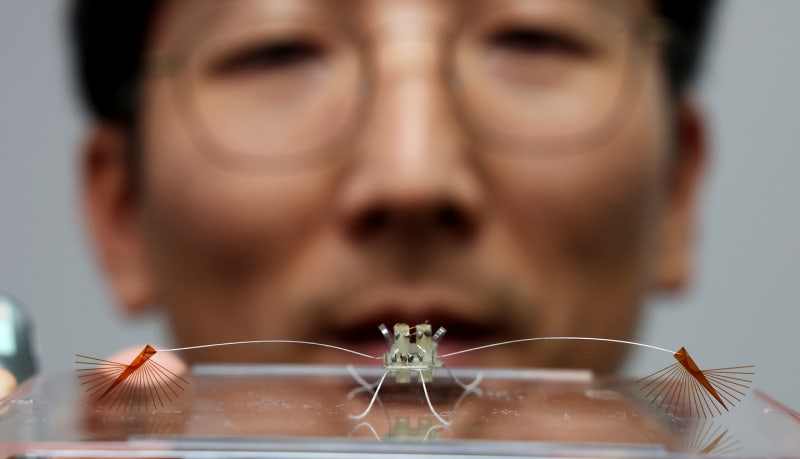
Nearly two-thirds of young professionals in Korea’s science and engineering fields are thinking about moving overseas, the central bank said in a report, which warned that the country’s seniority-based pay system and poor working conditions are pushing skilled workers to leave.
The report, published by the Bank of Korea (BOK) on Monday, found that 62 percent of scientists and engineers in their 20s and 30s said they were considering jobs abroad within three years, with some already making plans. The survey covered 1,916 master’s and doctoral-level researchers working in universities, research institutes and private companies.
Even among older workers, interest in leaving was high. About 43 percent of all respondents said they were thinking about working overseas, with the share rising sharply among younger scientists — 72.4 percent in their 20s, 61.1 percent in their 30s and 44.3 percent in their 40s.
Brain drain beyond high-tech sectors
The country’s loss of science and engineering talent is not new. The Ministry of Science and ICT estimates that 340,000 workers in those fields left Korea between 2013 and 2022, including 96,000 specialists with master's or doctoral degrees.
Korea has also shifted from a net importer to a net exporter of AI professionals. According to the Stanford Institute for Human Centered-AI, 0.3 AI experts per 100,000 people left the country last year — the fifth-highest outflow among major economies, following Israel, India, Hungary and Turkey.
The share of those seeking jobs abroad was highest in sectors where advanced economies hold an edge — such as biotechnology, pharmaceuticals and medical devices at 48.7 percent, and ICT at 44.9 percent, according to the central bank.
But more than 40 percent of experts in Korea’s more traditional industries like shipbuilding, plant engineering and energy were also considering moves overseas.
Seniority-based pay drives young workers away
The BOK pointed to Korea’s seniority-based pay system as a major factor behind the exodus. Almost two-thirds, or 66.7 percent, of those hoping to work abroad cited financial reasons as their main motivation.
The report noted that science and engineering professionals overseas on average reach peak earnings of $366,000 in their 13th year of work, compared to just $127,000 in their 19th year in Korea — an almost threefold difference in pay that is still only reached by local professionals six years later. The disparity, the report said, is driving younger professionals to seek opportunities abroad.
Working conditions weigh heavily
Nonfinancial factors also played a role. The report found that a one-step increase in income satisfaction lowered the likelihood of moving abroad by 4 percentage points, while better job stability reduced it by 5.4 percentage points and improved promotion opportunities dropped it by a further 3.6 percentage points.
Among Korean researchers living overseas, satisfaction levels were significantly higher than those of their peers at home, according to the central bank's survey that included 778 science and engineering professionals living abroad.
They rated the research ecosystem 1.64 times higher, followed by working conditions at 1.61 times higher, pay at 1.57 times higher and promotion prospects at 1.49 times higher.
The BOK urged the government to build clearer career tracks and improve research infrastructure at home while creating incentives to attract foreign talent. It also called for expanding support for technology startups and easing restrictions in strategic sectors like defense to make compensation more competitive.
“Korea’s research and development spending isn’t necessarily small compared to the size of its economy, but whether it’s being used efficiently is another question,” said Jung Sun-young, an economist on the central bank’s macroeconomic analysis team. “While financial factors are significant, many researchers are leaving because they lack an environment where they can truly conduct research.”
This article was originally written in Korean and translated by a bilingual reporter with the help of generative AI tools. It was then edited by a native English-speaking editor. All AI-assisted translations are reviewed and refined by our newsroom.
댓글목록
등록된 댓글이 없습니다.